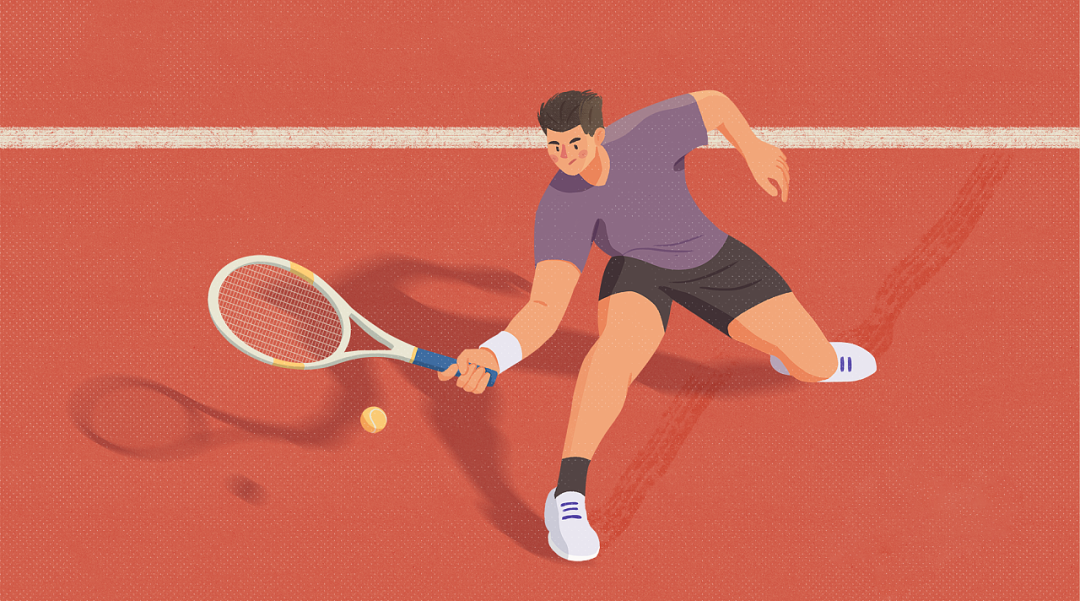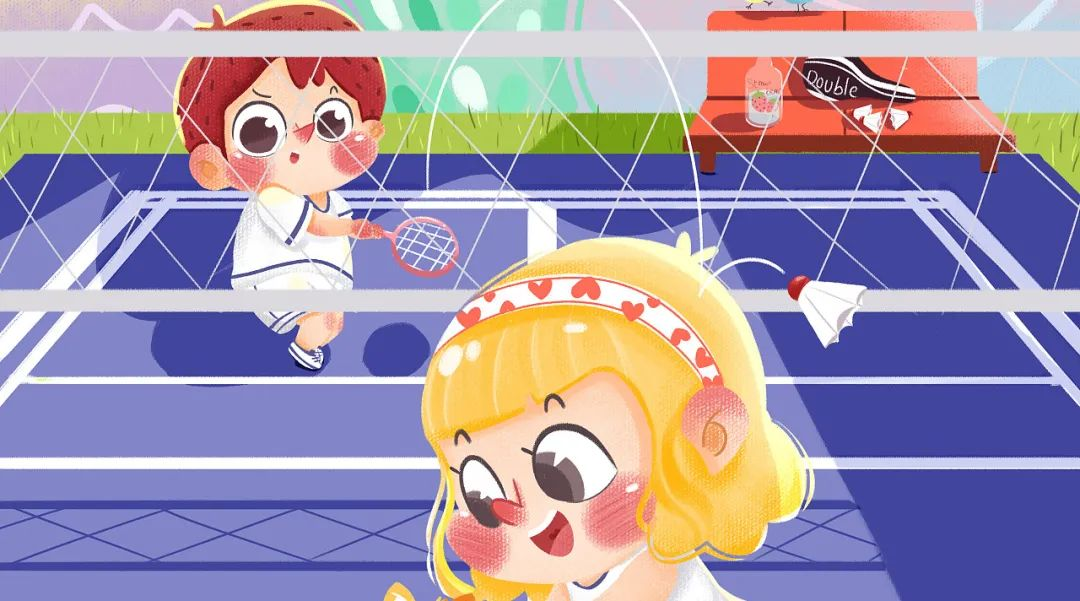
American scientists have done a survey:
They spent 45 years tracking 5,000 “gifted children” who did well in school. It was found that more than 90% of the “gifted children” later grew up without much achievement.
On the contrary, those who have average academic performance but often participate in various activities, experience setbacks, and like sports are more likely to succeed in the future.
This is because children learn to be inclusive, learn team responsibility, and learn to face failure and setbacks from sports. These qualities are all necessary conditions for success, and they are also the reasons why Europe and the United States pursue elite education.
Appropriate physical activity brings many benefits to children.
① It can improve physical fitness, promote physical development, and increase height.

Sports can enhance children’s physical qualities such as speed, strength, endurance, flexibility, sensitivity, reaction, coordination and so on. Sports can improve children’s blood circulation, so that muscle tissue and bone tissue get more nutrients, and exercise has a mechanical stimulation effect on muscles and bones. Therefore, it can accelerate the growth of children’s muscles and bones, make children’s bodies stronger, and accelerate their height growth.
② Exercise can improve children’s cardiopulmonary function.
During exercise, children’s muscle activities need to consume a lot of oxygen and expel more carbon dioxide, which will speed up blood circulation and strengthen metabolism.
During exercise, the respiratory organs need to work twice as much. Regular participation in sports will expand the range of activities of the thoracic cage, increase the lung capacity, and increase the ventilation per minute in the lungs, which enhances the function of the respiratory organs.
③ Exercise can improve children’s digestion and absorption capacity.

After children participate in physical activities, the nutrients required by various organs of the body increase, which forces the increase of gastrointestinal motility, the enhancement of gastrointestinal digestion ability, the increase of appetite, and the fuller absorption of nutrients, so that children develop better.
④ Exercise will promote the development of the nervous system.
During exercise, the nervous system is responsible for coordinating various parts of the body. This process relies on the connection of neurons in the brain. While exercising, the nervous system itself also undergoes exercise and improvement, and the number of neurons will continue to increase.
Long-term exercise has a richer network of neurons than children who don’t exercise, and the more properly connected the neurons, the smarter the person.
⑤ Exercise can improve children’s immunity and prevent diseases.

Researchers at the University of Birmingham in the United Kingdom found that skeletal muscle can perform immune regulation. During exercise, skeletal muscle can secrete cytokines, such as IL-6. Studies have shown that IL-6 secreted by skeletal muscle after exercise has an anti-inflammatory effect, and at the same time can stimulate the adrenal gland to secrete a second anti-inflammatory signal-corticin.
In addition to IL-6, skeletal muscle also secretes cytokines such as IL-7 and IL-15 to stimulate the activation and proliferation of naive T cells in immune cells, the increase in the number of NK cells, the increase in the secretion of factors, the polarization and inhibition of macrophages Fat production. Not only that, but regular exercise also reduces viral infections and increases the diversity of the microbiome in the gut.
⑥ Exercise can enhance children’s self-confidence and overcome inferiority complex.
Inferiority is a negative psychology caused by doubting one’s own ability and value and feeling inferior to others. Inferiority is a psychological disorder.
Children often participate in physical exercise, and under the guidance of coaches, they will rediscover themselves. When children exercise, they can go from unfamiliar to familiar with a project, overcome difficulties, make progress little by little, and then become handy, see their strengths, face up to their shortcomings, overcome inferiority complexes, enhance self-confidence, and achieve psychological health and safety. balance.
⑦ Exercise can shape the character of children.

Physical exercise is not only the exercise of the body, but also the exercise of the will and character. Sports can overcome some bad behaviors and make children cheerful, lively and optimistic. Children are happy when they chase each other with their mates, kick the ball into the opponent’s goal, and play in the swimming pool. This good mood contributes to physical health.
Exercise also develops willpower in children. Children have to make great efforts to do some actions, and sometimes they have to overcome various difficulties, which is a good exercise of will. Appropriate exercise and more contact with peers can change children’s personality characteristics such as withdrawn, melancholy, and incompatibility, which is beneficial to children’s physical and mental development.
⑧ Exercise can cultivate social communication skills.
Nowadays, many families have only one child. Most of the extra-curricular time is spent with adults. In addition to participating in various extra-curricular cram schools, there is little time to communicate and socialize with unfamiliar peers. Therefore, children’s communication skills are generally poor. .
In the process of group sports, their communication skills can be exercised to a certain extent.
In sports, they have to constantly communicate and cooperate with their teammates. Some of these teammates are acquainted and some are unfamiliar. They have to complete sports tasks together. This process can exercise children’s ability to communicate with others.
The scenes that occur in sports often coincide with the experiences in life, so the social skills of children who regularly participate in sports are also improving.

Our parents and educators need to change their concepts, attach importance to physical education, and let children carry out physical exercise scientifically, regularly, and consistently, so that their body and mind can grow healthily and fully!
Post time: Sep-24-2022